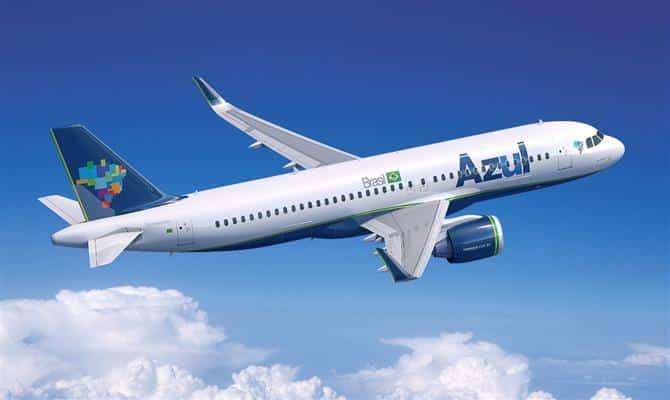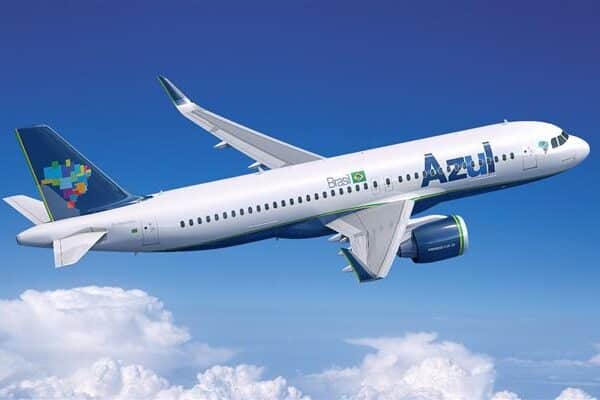Last week, Brazilian airlines’ stock prices plummeted with uncertainty about their future financing. American credit rating agency Fitch Ratings has downgraded both Azul’s and Gol’s issuer default ratings (IDRs) and national scale ratings.
Fitch downgraded both Azul’s and Gol’s credit ratings from a “CCC+” to a “CCC-“. The rating scale considers a C rating as being worse than a CCC-.
Azul’s stock opened at BRL11.42 last week, but closed at BRL8.81, a historic low. Gol’s stock opened at BRL7.81, but closed at BRL6.29.
Fitch believes that a less friendly renegotiation climate with suppliers will negatively affect the credit rating of the company.
An article published last week reports that Azul Airlines is seeking to renegotiate its debt with its creditors. According to the article’s sources, this year, Azul owes billions of dollars to aircraft lessors and banks. Of these amounts, billions refer to the annual leasing rates, with 600 million paying off the rates deferred during the COVID-19 pandemic.
According to the newspaper, the airline had planned to access the market with further capital raising, but the difficulties in the Brazilian market have prompted negotiations with creditors. Seabury Capital is leading the negotiations.
The credit rating agency, Fitch, has said that Gol’s refinancing by its shareholder, Abra, is more delicate because the move does not have the same guarantees for bondholders that would be offered in a traditional refinancing.
Fitch is saying that, if the agreement between Gol and creditors goes through, Gol’s IDR rating will be downgraded from “A+” to “Restricted Default” and, subsequently, to a lower rating than “D”. This would mean that Gol would not be in a bankruptcy process.
Fitch warns that both Azul and Gol will have difficult years in 2020 and 2021, with cash flow problems putting pressure on their liquidity reserves.
Azul Airlines has known about the gap between available liquidity and the 2023 cash burn for some time, and has been working to find a way to bridge the gap.
Azul’s CEO says that the airline’s stakeholders – including its creditors – are best served if it remains a strong company and generates a lot of cash flow. He may extend the repayment timeline for some of its debt.
Fitch doesn’t have a rating for LATAM Airlines Group, because the airline filed for bankruptcy in 2020.



